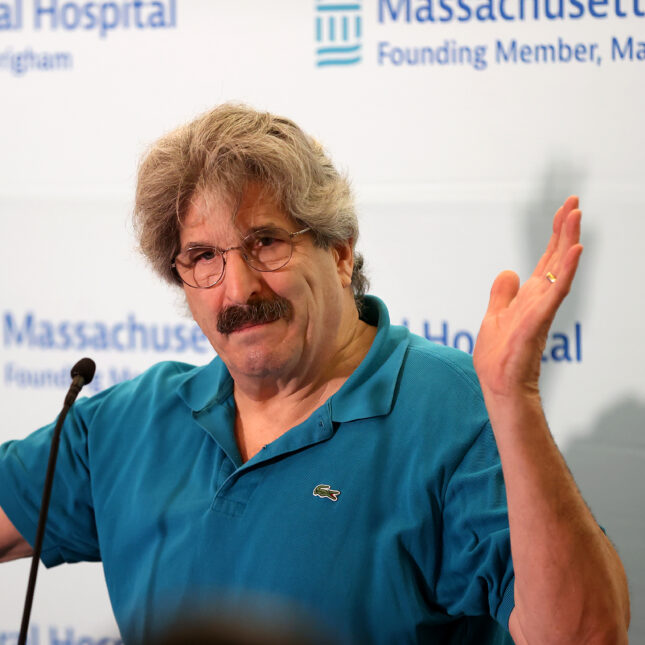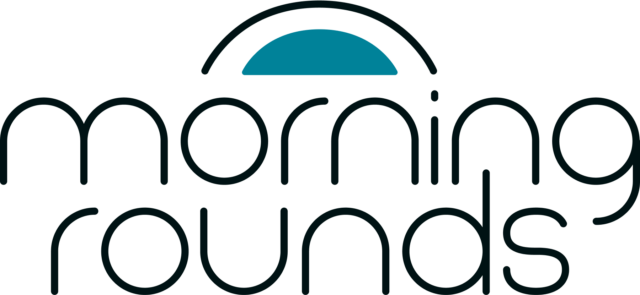
Gary Ruvkun is used to getting awards — but for him, the Nobel Prize is in a class of its own.
“I’ve won 10 to 20 awards in the last 20 years, but never had a press conference with cameras and nothing like this,” Ruvkun, who along with Victor Ambros received the 2024 award in medicine or physiology on Monday, said at a press conference at Massachusetts General Hospital. “It’s a completely different world.”
The pair of scientists received the Nobel Prize for their discovery of microRNA, a small kind of RNA molecule that helps cells across the body differentiate themselves and perform different functions with the same genetic code. Scientists have since built on the duo’s work, published in 1993, to study cancer treatments, diabetes, and metabolism.
The morning of the announcement, STAT sat down with Ruvkun, a professor of genetics at Harvard Medical School and investigator at MGH, to discuss the future of microRNA and how researchers are credited with awards. The conversation has been edited for length and clarity.
Are there any ways that the microRNA discoveries are being used that really excites you?
If you broaden it to be any 22-nucleotide RNA, there’s a lot. There’s a Cambridge company called Alnylam, which is a small RNA company, and they’ve been quite magnificent at treating a whole variety of diseases. And it’s working.
That, you know, is related to RNAi more so than microRNAs, but it’s the same axis in terms of being very tiny RNAs. So they sort of work on the same principles.
I know you don’t choose who wins these awards, but do you think there was anyone else that should have been named along with you and your colleagues?
The Nobel has a limit of up to three [people to share the prize], max. So that always messes with things. It excludes groups that add up to four.
I can’t help but say that we know this year, being discussed was Joel Habener and the GLP-1 work coming out of Massachusetts General Hospital. How many institutions have two different groups of people vying for the Nobel Prize at once; that’s amazing, right? I visited Joel last week, and I’ve watched this work develop and it’s clearly at that status.
How do you think about credit with these sorts of awards? David Baulcombe, who shared the Lasker prize with you, wasn’t named. Or Rosalind Lee [Ambros’ wife and collaborator]; I know there was some controversy that she wasn’t named with the Lasker prize.
I mean, for sure, Baulcombe could have been on that list. I’m not sure why he wasn’t, but I think having the limit of three is kind of dopey. I don’t know why they do that — but on the other hand, if it went up to 10, it would be absurd, right?
Is there anyone else that you’d like to just shout out while we’re talking?
No, because that would just create controversy. The last thing I want to do is get into that.
What research are you excited about going forward?
So the microRNAs are interesting because they sort of grab onto targets on the ribosome. So they change how translation happens. And translation is how an mRNA gets turned into proteins.
So we’re diving deeply on how, for example, the microRNAs might really focus more on secreted proteins. About a third of your proteins that you make end up crossing a membrane, and that’s how a cell talks to other cells.
Talk sounds friendlier than it is. A lot of the conversation between cells is antagonistic, especially in terms of infection. So I’m very interested in how microRNAs might privilege protein secretion.
That’s new, and we don’t know that it’s important yet, but I bet it is.






